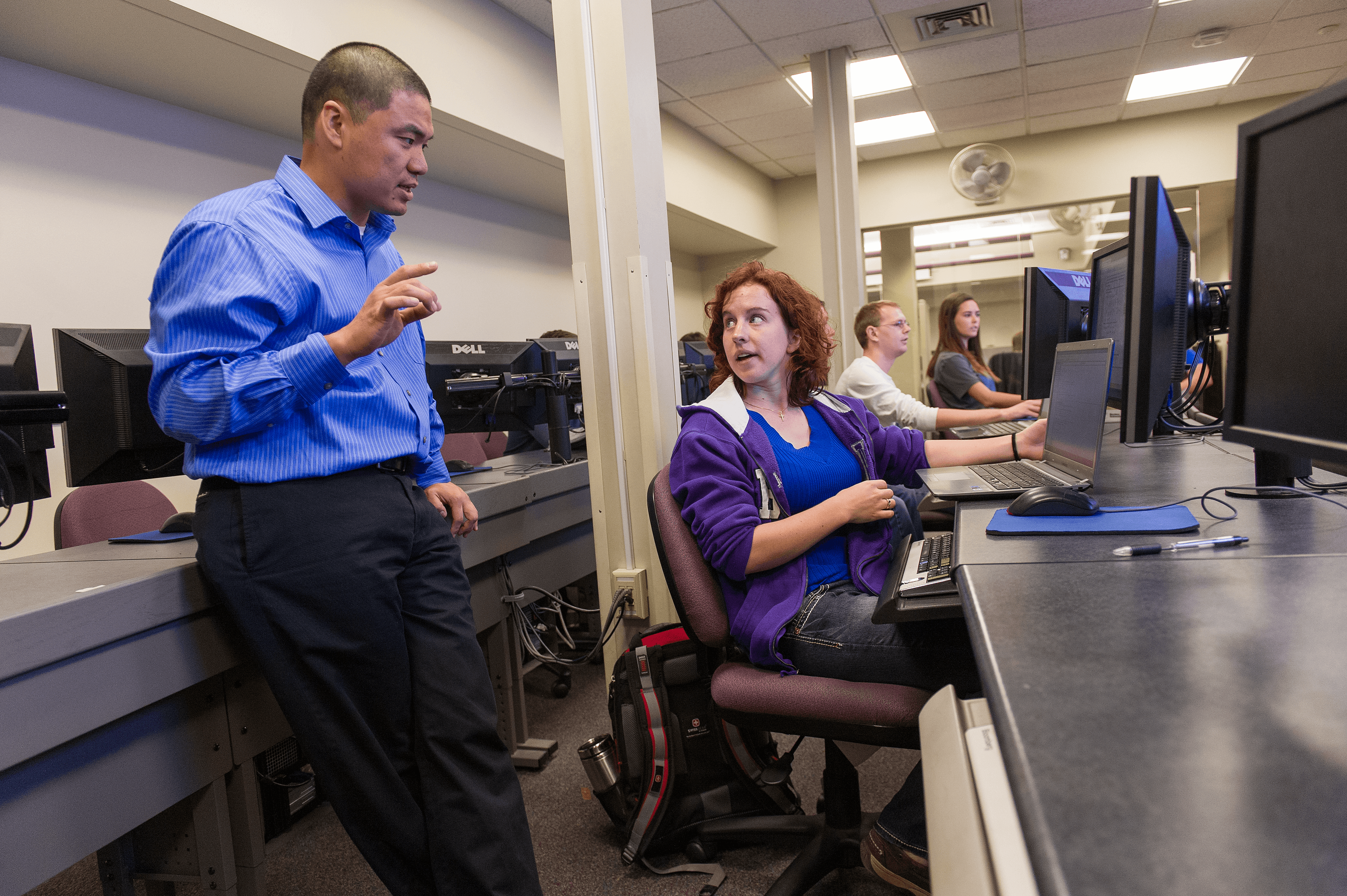The power of data cannot be understated. Today, every organisation is sitting on treasure troves of information that need to be analysed and converted into better organisational practices. The process of collecting, cleaning, analysing data and interpreting findings is called data analytics, and the experts in charge of these conversions are data analysts — who are just as fundamental to a business’s success as they are in demand.
How else would business owners determine which products to develop, markets to enter, investments to make and consumers to target?
Data analysts are now found in various industries, such as business, finance, criminal justice, science, medicine, government and more. The U.S. Bureau of Labour Statistics confirms the boom, estimating 11.5 million jobs in the data science/analytics field to be created by 2026. Up to 364,000 job listings were projected in 2020 alone.
While opportunities are seemingly endless, the proper qualification will always be vital to measuring up. IBM confirms that nearly 40% of the openings in advanced data analytics require a master’s degree or higher. According to PayScale, data analytics graduates command an average base salary of US$80,000 annually — a figure sure to skyrocket with seniority. Despite attractive numbers, the fact remains — with a job growth rate of 8.6%, there are more data-focused job opportunities today than graduates.
Kansas State University’s (K-State) College of Business Administration has a STEM-designated Master of Science in Data Analytics designed to fill the skills gap — quickly, effectively and in an interdisciplinary manner. To ensure the 30-hour programme is as comprehensive as can be, the college has partnered with K-State’s departments of computer science, economics, geography, industrial manufacturing systems engineering, mathematics and statistics.

Source: Kansas State University, College of Business Administration
The result? One robust, collaborative curriculum providing learners with the skills and knowledge needed to land lucrative, secure, future-focused careers. These professions typically revolve around providing companies with scientific and systematic methods of effective decision-making.
Nurturing these competencies are the required courses of: Programming Techniques for Data Science & Analytics, Intro to Econometrics, Big Data Analytics, Information Technology Strategy and Application, Business Analytics and Data Mining, Social Media Analytics and Web Mining, as well as Applied Marketing Analytics.
The Master of Science in Data Analytics offers two tracks: data science and applied analytics. Each comes with its own set of electives. Both line-ups were structured to provide maximum flexibility to complement academic backgrounds and accommodate professional goals.
The data science track offers electives in artificial intelligence, machine learning, pattern recognition, information retrieval, text mining, quantitative problem-solving techniques, the mathematics of data and networks, categorical data analytics, and more. The applied analytics track unlocks a breadth of knowledge in accounting analytics, economic forecasting, financial modelling, geographic information systems, internet GIS, geocomputation and advanced marketing analytics, amongst others.
Both paths lead learners toward bridging the gaps between data science, analysis skills and business management with confidence. Experiential learning opportunities make this possible. Throughout their programme, students also form enduring professional connections through course projects and research opportunities all over the state of Kansas.
The best part? They get a glimpse into their futures by rubbing shoulders with some of the industry’s finest. The Graduate Studies Advisory Council is a Kansas State University hallmark that provides learners with countless opportunities to connect with executives from AT&T, Oracle, Textron Aviation, BNSF Railway, Steel & Pipe Supply Co., CSCS, AIB, ETC Institute, Civic Plus and more.
Engagement within the K-State community can be just as exciting. The College of Business Administration is home to an impressive line-up of academic advisors and career coaches ready to provide one-to-one support to learners excited to strategise their journey to success, much like the graduates before them once did — 97% of which have successfully secured employment. Positions in more than 15 student organisations are also ready to be occupied by those keen on getting connected, exhibiting leadership or building their network.
If you’re keen to fast-track a lucrative career in our data-driven world, learn more about the Master of Science in Data Analytics.
Follow Kansas State University on Facebook, Twitter, Instagram, YouTube and LinkedIn












